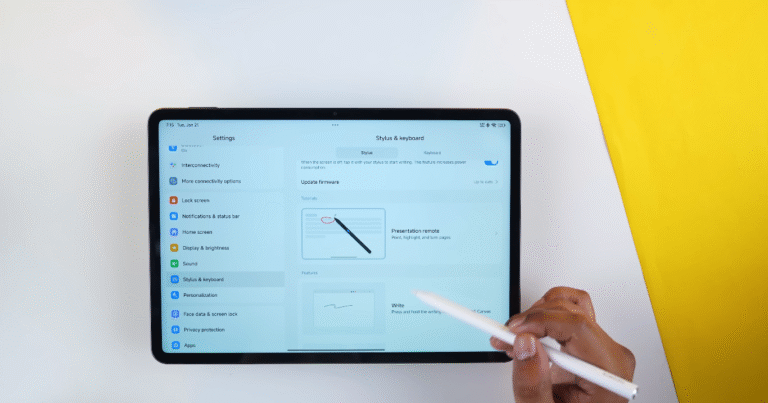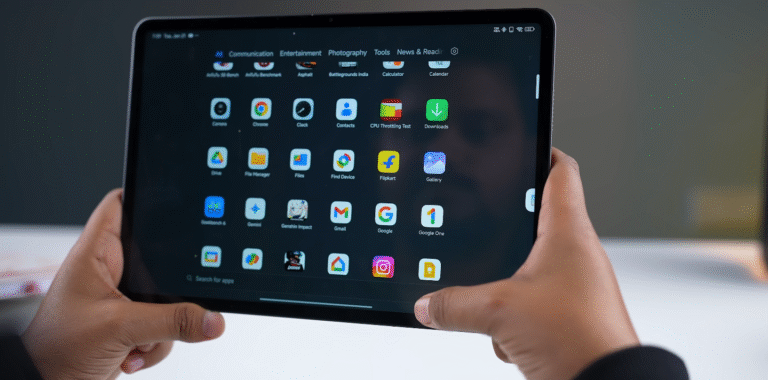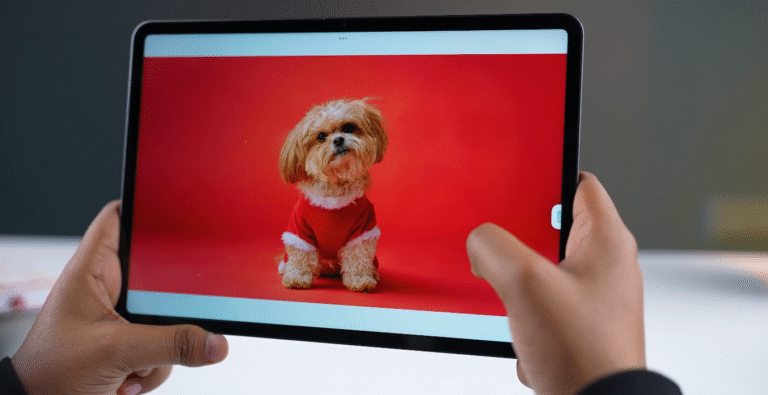Samsung Galaxy Tab S11 Ultra USA carrier compatibility
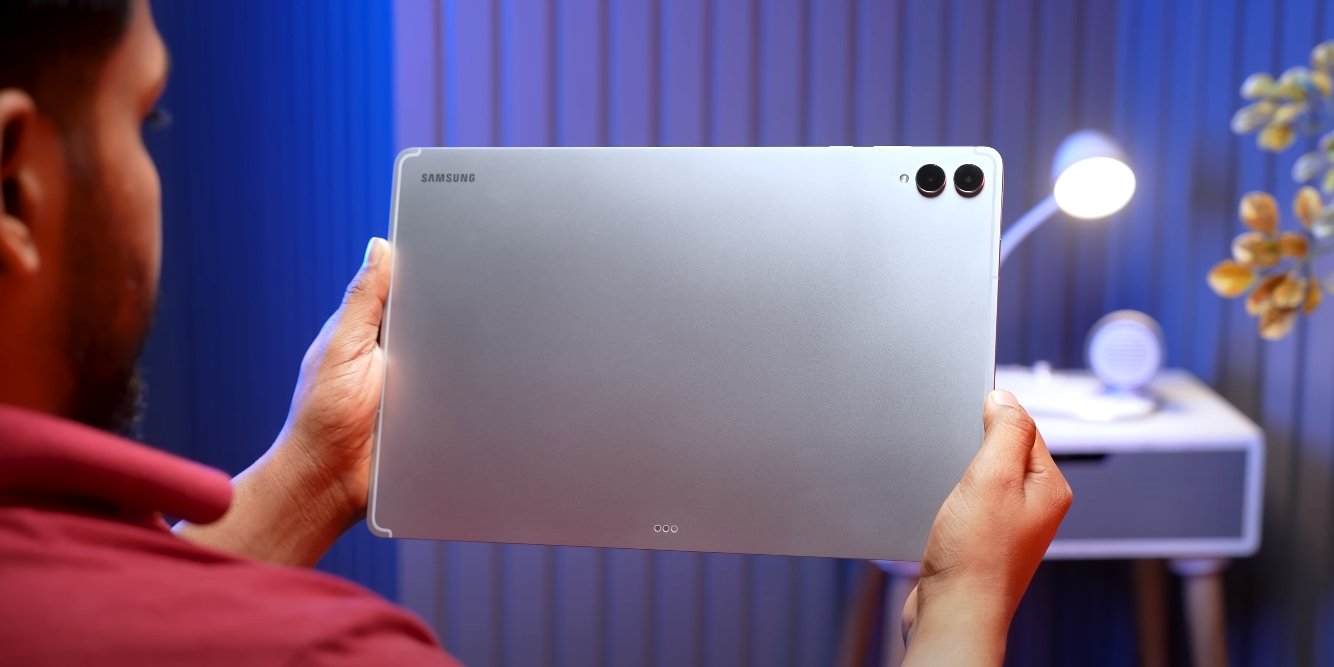
Galaxy Tab S11 Ultra connectivity and carrier support explained
The Samsung Galaxy Tab S11 Ultra has generated huge attention for its premium design, upgraded performance, and impressive display technology. However, for many users in the United States, one major question remains — how well does the Tab S11 Ultra work with U.S. cellular carriers? As Samsung’s most powerful tablet yet, its connectivity options have been a point of discussion among potential buyers, especially those who rely on LTE or 5G networks when on the move.
At launch, Samsung introduced the Galaxy Tab S11 Ultra in both Wi-Fi and 5G versions, but the U.S. market primarily received the Wi-Fi-only model. This means that most units available through Samsung’s official website and major U.S. retailers lack cellular connectivity. In simple terms, the U.S. version of the Tab S11 Ultra does not come with a SIM card slot or eSIM capability. This design choice limits users who want to use the tablet independently from a Wi-Fi network, making it less ideal for those who travel frequently or need constant internet access without tethering.
In international markets such as South Korea, parts of Europe, and select Asian countries, Samsung released cellular variants of the Tab S11 Ultra. Those models feature built-in 5G support, allowing users to insert a SIM card and connect directly to their carrier network. However, these global variants use frequency bands that may not be fully compatible with U.S. networks like Verizon, AT&T, or T-Mobile. Even if an imported version technically supports some bands, it might not achieve consistent speeds or network reliability due to differences in carrier configurations and certification standards.
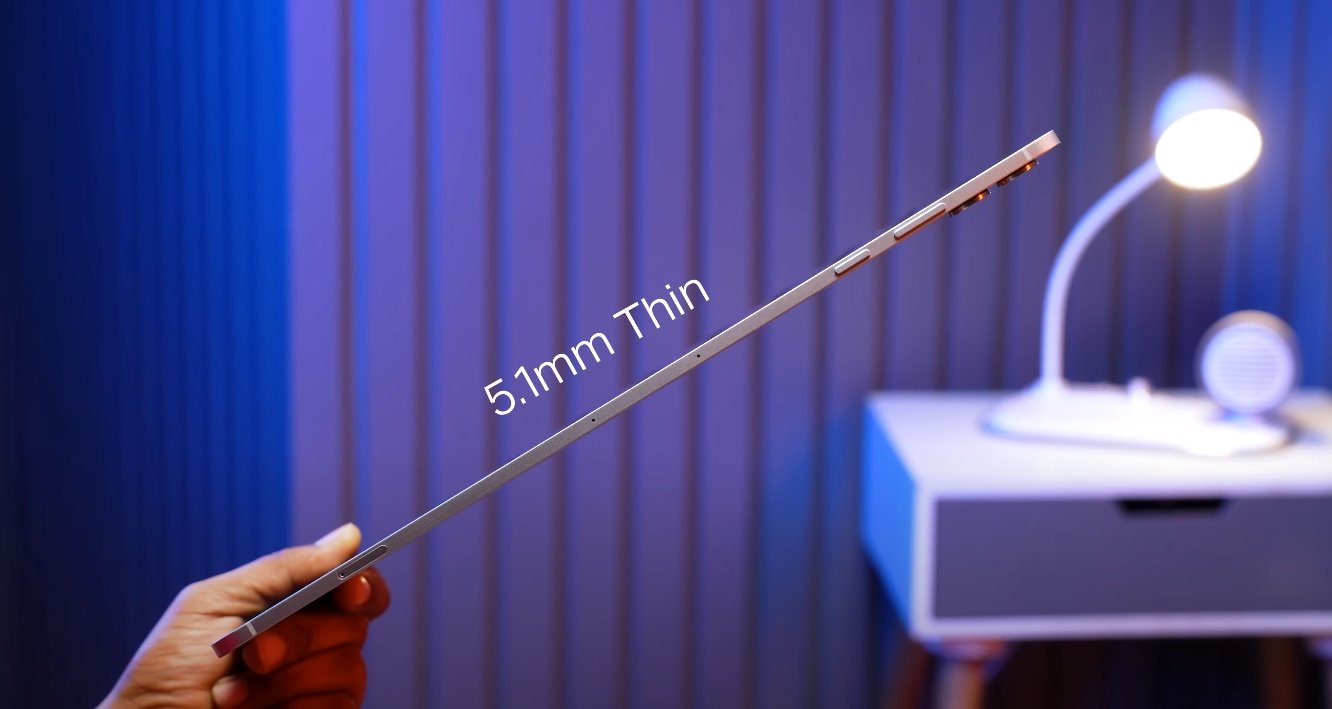
The reason behind Samsung’s decision to limit the U.S. variant to Wi-Fi likely comes down to consumer demand and cost optimization. Tablets with cellular connectivity typically appeal to a smaller segment of buyers in the U.S., where most users prefer connecting through hotspots or tethering from their smartphones. Eliminating cellular components also helps Samsung maintain a slightly lower price point while focusing on performance, display quality, and ecosystem features that pair seamlessly with Galaxy phones and laptops.
For American consumers, this design choice means the Galaxy Tab S11 Ultra functions best as a high-end productivity and entertainment tablet that depends on Wi-Fi connections. If you need to use it outside a Wi-Fi environment, the best solution is to use a mobile hotspot or share your smartphone’s internet connection. This approach provides flexibility without compromising speed, especially considering the growing availability of high-bandwidth 5G hotspots across major carriers.
Those considering importing a 5G model from overseas should proceed with caution. Even though the hardware may support 5G sub-6GHz bands, it could miss certain frequencies used by major U.S. carriers, resulting in limited coverage or slower speeds. Additionally, imported units may not include warranty coverage or software updates optimized for North American networks. Buyers should always check the model number and confirm the supported network bands before importing a device.
Looking ahead, Samsung may eventually release a carrier-ready variant of the Galaxy Tab S11 Ultra in the U.S. if demand increases. The company has done so in the past with earlier Galaxy Tab models, adding cellular options months after launch. For now, though, the focus remains on the Wi-Fi edition, which delivers the same Snapdragon 8 Gen 3 processor, massive AMOLED display, and S Pen support that define the Ultra experience.
In conclusion, while the Galaxy Tab S11 Ultra stands out as a top-tier Android tablet in performance and design, its U.S. model lacks direct carrier compatibility. Users cannot insert a SIM card or activate mobile data through Verizon, AT&T, or T-Mobile. The tablet is built primarily for Wi-Fi connectivity, and anyone requiring constant mobile data access will need to rely on hotspot solutions or imported cellular versions. Despite this limitation, the Tab S11 Ultra remains one of the best Android tablets for productivity, media, and creativity — offering a laptop-like experience when paired with Samsung’s ecosystem of devices and accessories.
Also Read: iPad 11 vs Samsung galaxy tab S10 Fe

